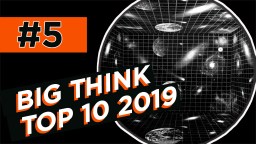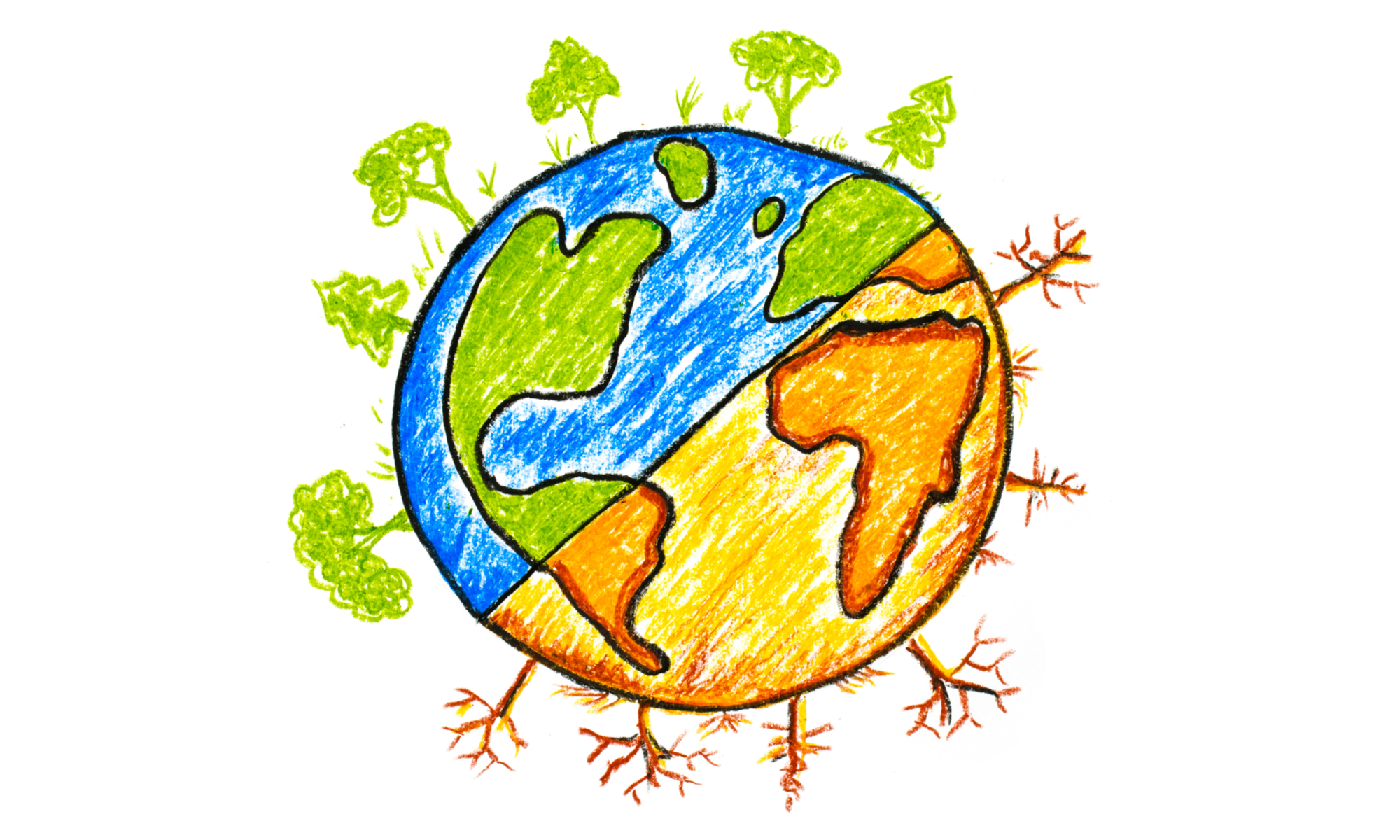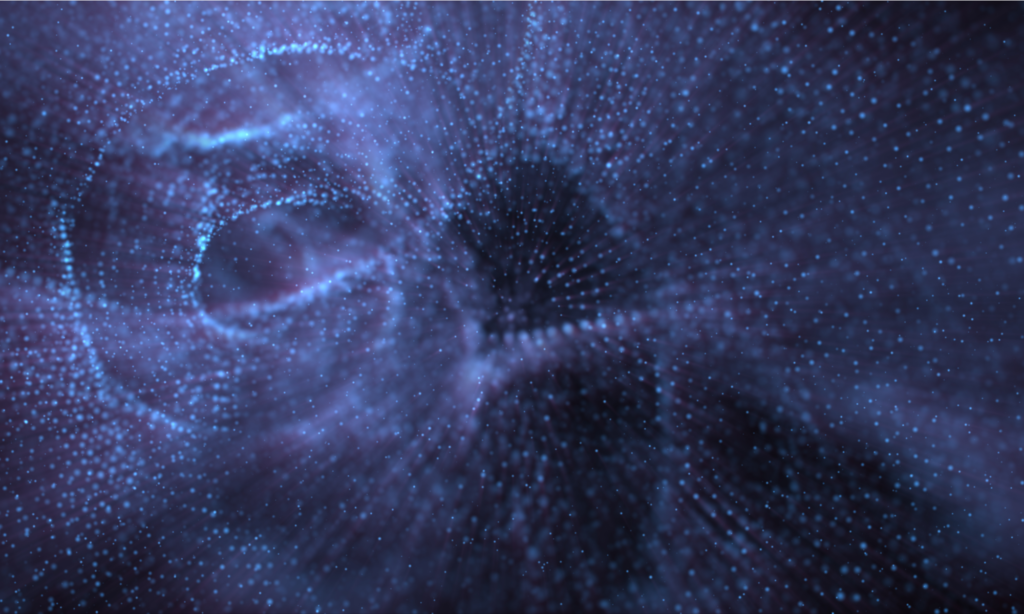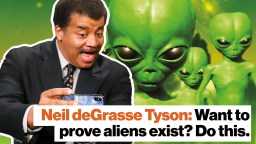cosmos
Astronomers release new data to challenge claims about the mysterious Planet Nine.
Gravitational wave researchers observe black holes of different sizes colliding for the first time.
▸
with
New research proposes possible origins of the interstellar object ‘Oumuamua.
Groundbreaking new research suggests gamma-ray bursts are caused by a star’s collapsing magnetic field.
A binary white dwarf in a tight, super-fast rotation looks to be pumping out gravitational waves.
Astronaut Garrett Reisman talks NASA, SpaceX, and where we’re headed next.
▸
4 min
—
with
Astronomers find these five chapters to be a handy way of conceiving the universe’s incredibly long lifespan.
One silver lining of the pandemic: The value of common sense, facts and rational decisions increases.
The ESO finds another exoplanet that’s definitely not a place for us to go.
A new study rocks prevailing theories on antimatter in the early Universe.
A volcano in California is a hot spot for conspiracy theorists.
Physicist Frank Wilczek proposes new methods of searching for extraterrestrial life.
Is information the fifth form of matter?
In 2017, researchers believed they had found evidence for the elusive Majorana fermion. Now, a new study found that the exotic class of particles may still be confined to theory.
These needles in the vast galactic haystack take more effort to find, but they help piece together our origins.
▸
7 min
—
with
Russian astrophysicists propose the Casimir Effect causes the universe’s expansion to accelerate.
A 2020 space mission wants to use zero gravity to disable some of the hardest cancers to fight.
Next on Big Think’s 2019 top 10 countdown, black holes may give us a glimpse of the underlying nature of reality.
▸
8 min
—
with
Here are 10 physics courses you can take now with some of the best experts in the world.
Researchers find what causes the glow coming from the densest objects in our universe.
CuriosityStream is a non-fiction streaming platform of over 2,000 documentary features and series that open up every facet of our planet, our times and our universe.
Scientists are expert observers. Because of this, they can help us develop a keener view of the world — the cosmos.
▸
3 min
—
with
Since the late 1800s, what we know has advanced light years ahead.
Matter can indeed sprout out of nothingness, causing the universe to expand.
A study found alarming changes in the bodies of astronauts aboard the International Space Station.
When it comes new PR disasters, NASA isn’t taking any risks.
▸
3 min
—
with
The idea that celestial objects exist within utterly immense cosmic structures is becoming inescapable.
Neil deGrasse Tyson wants to believe. He just needs to see the evidence first.
▸
5 min
—
with





























